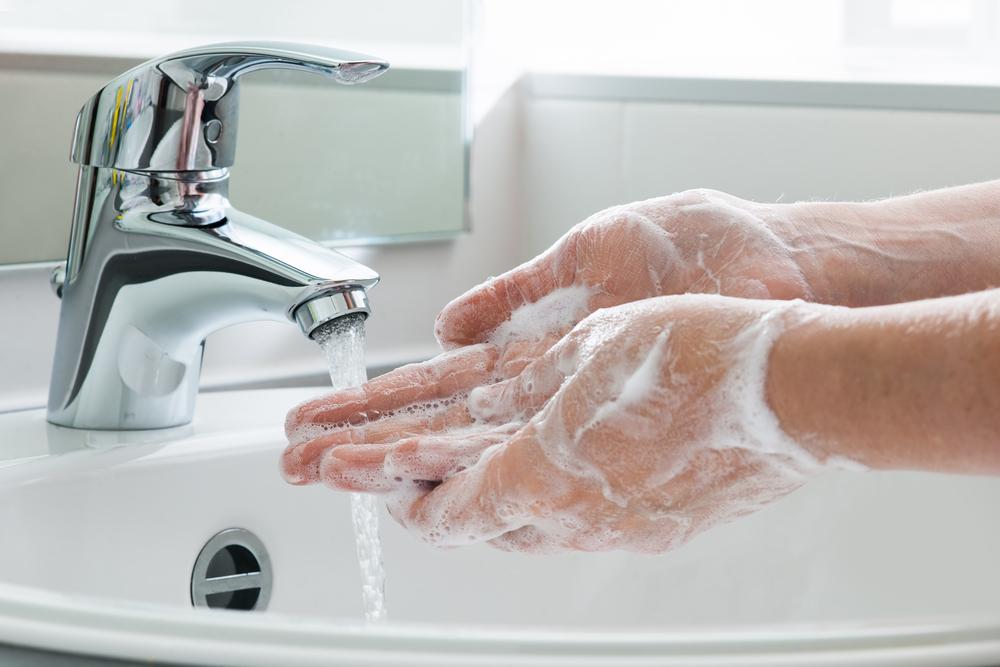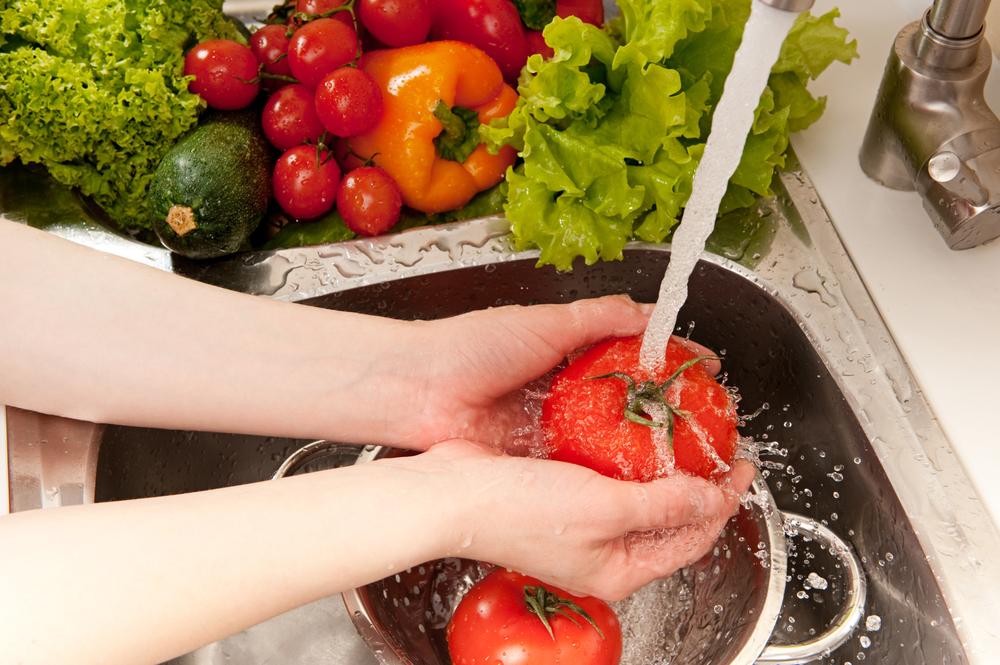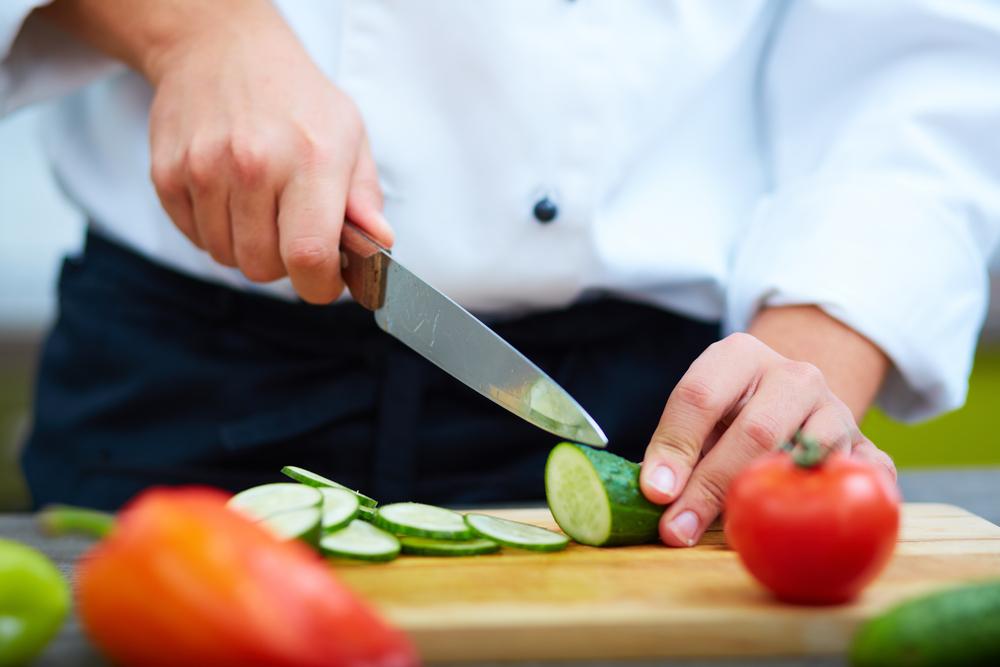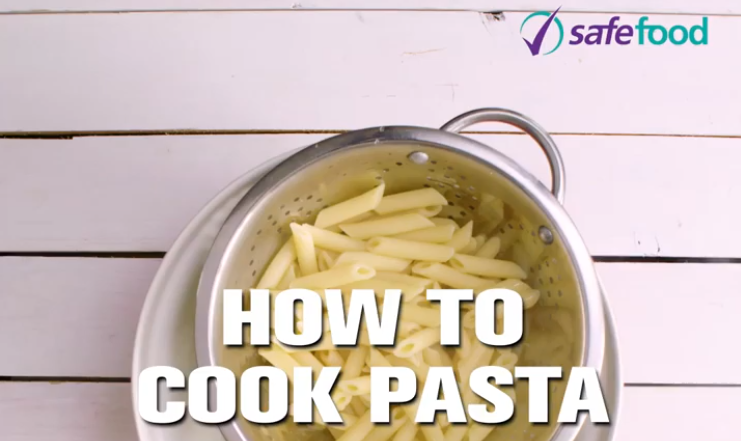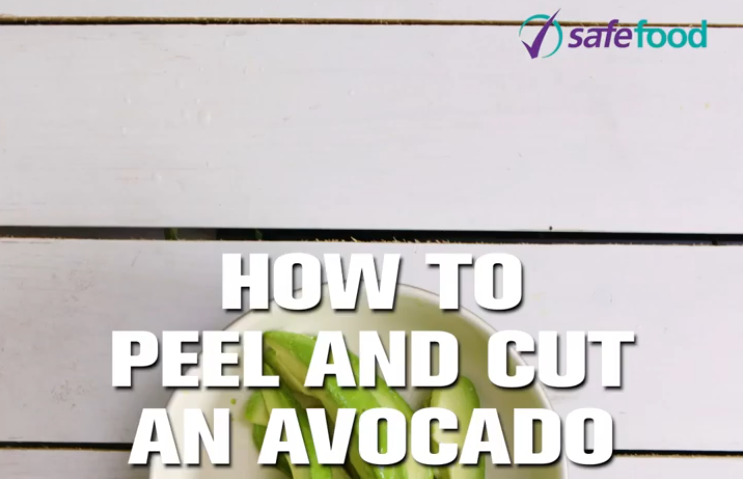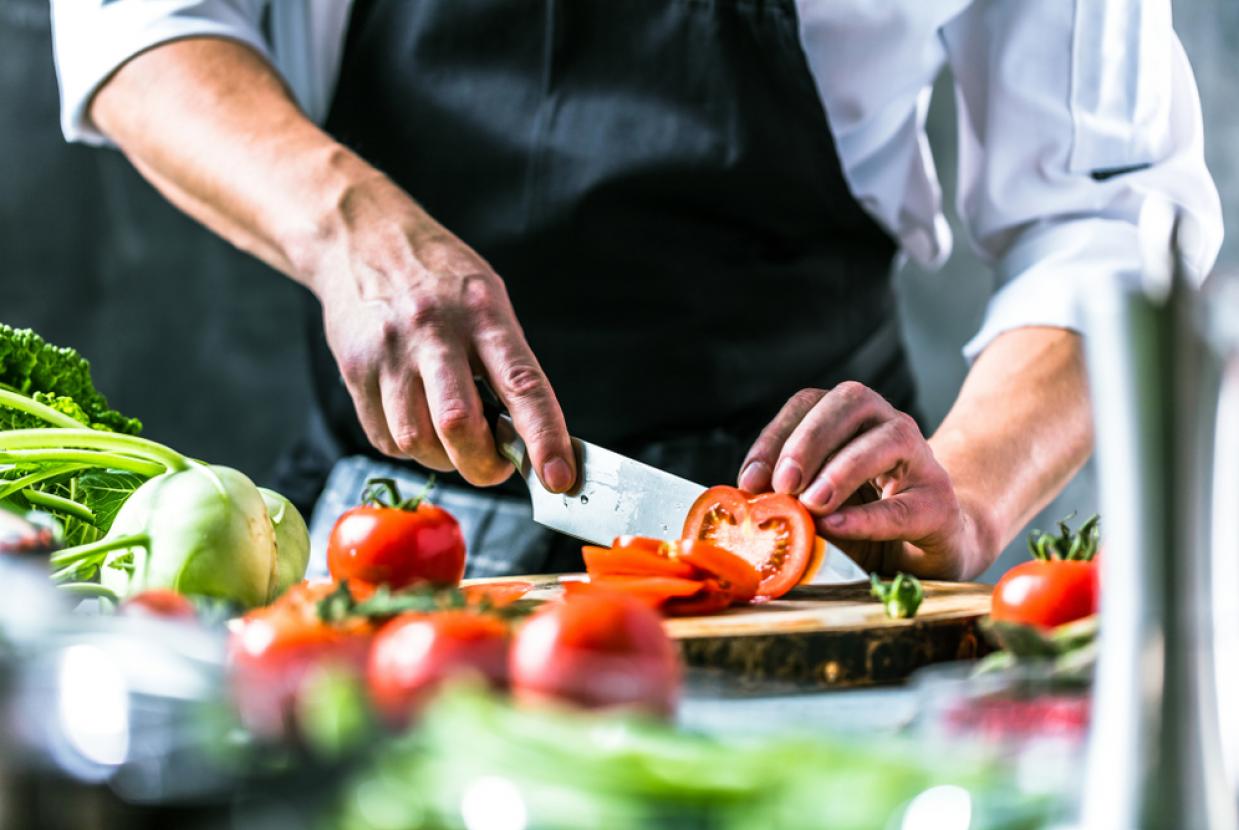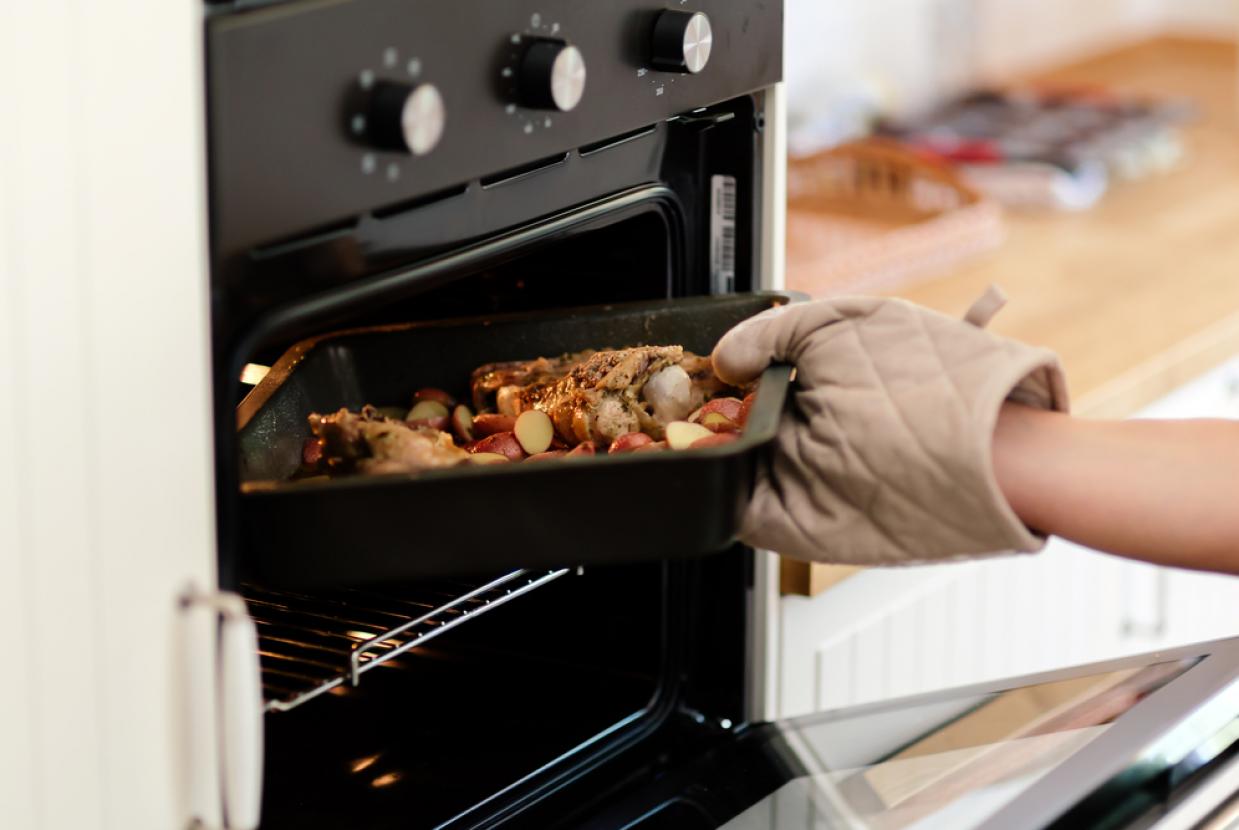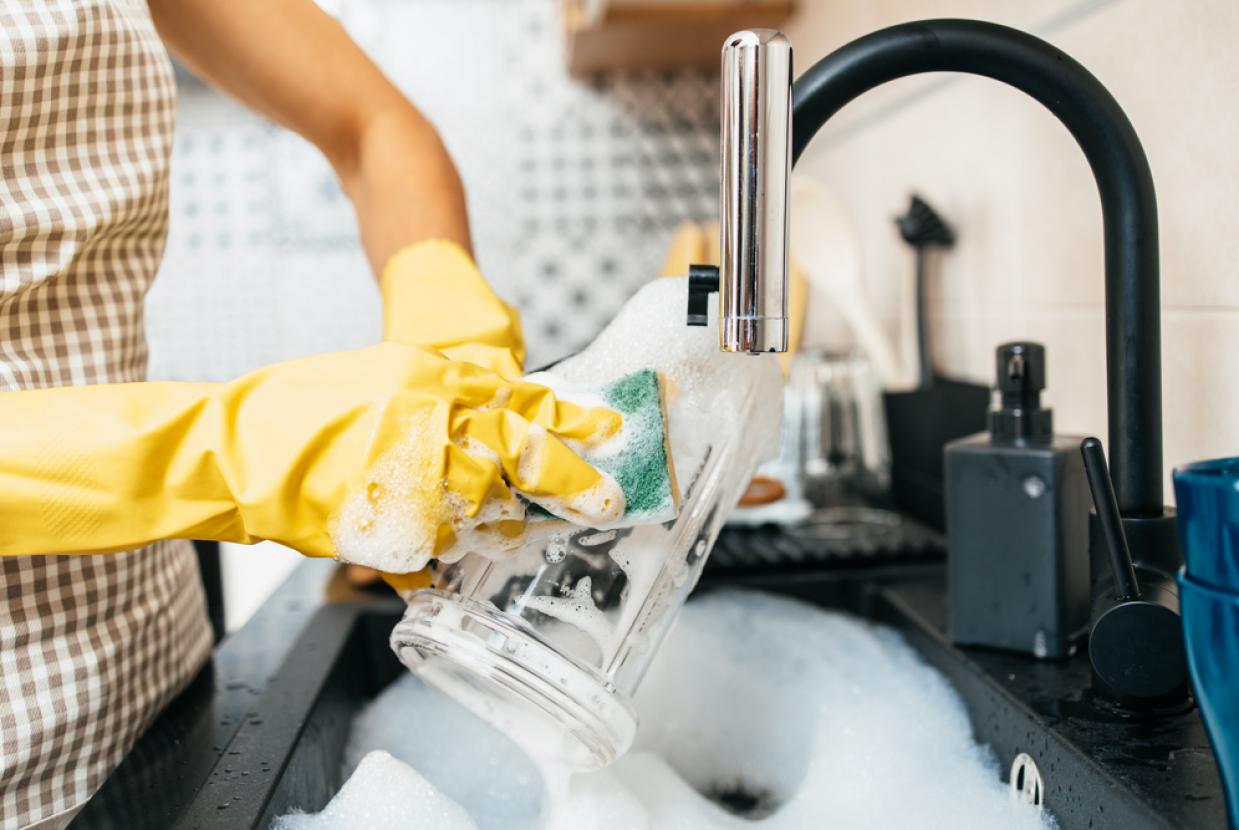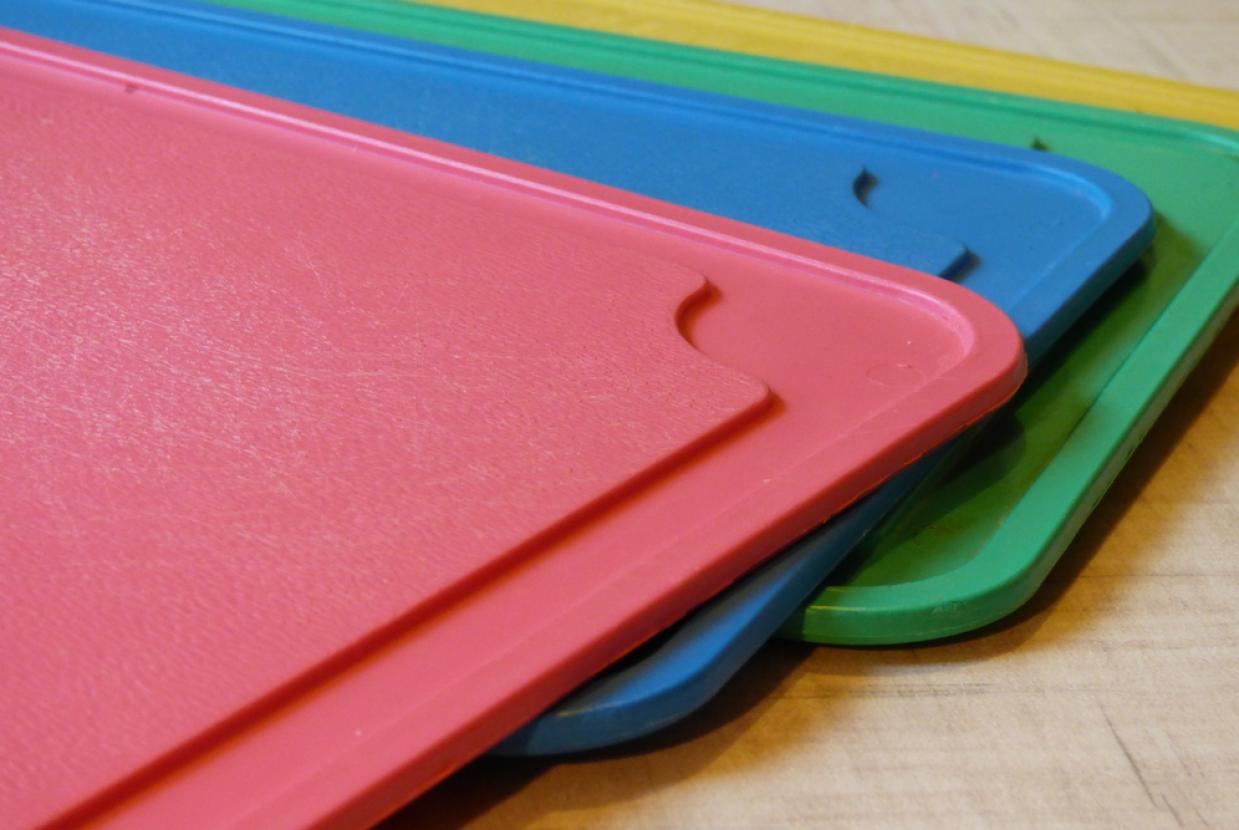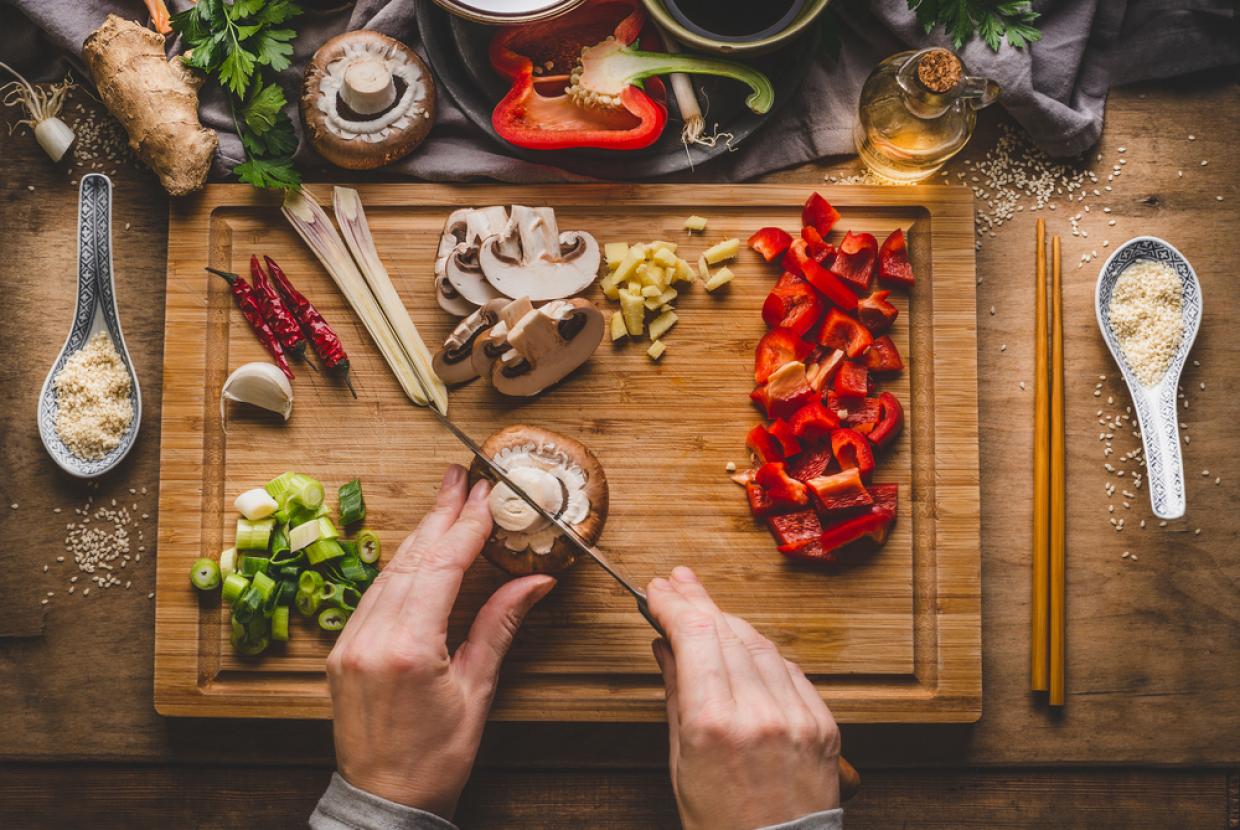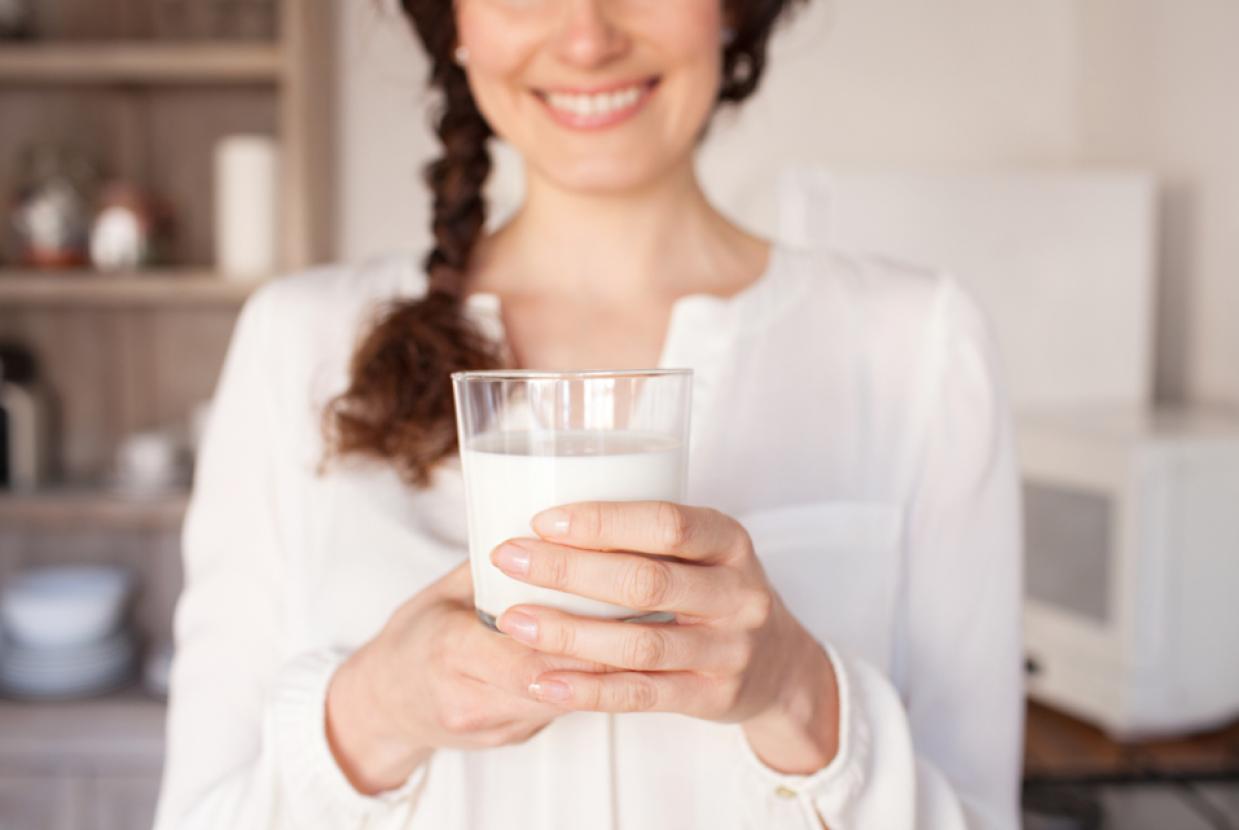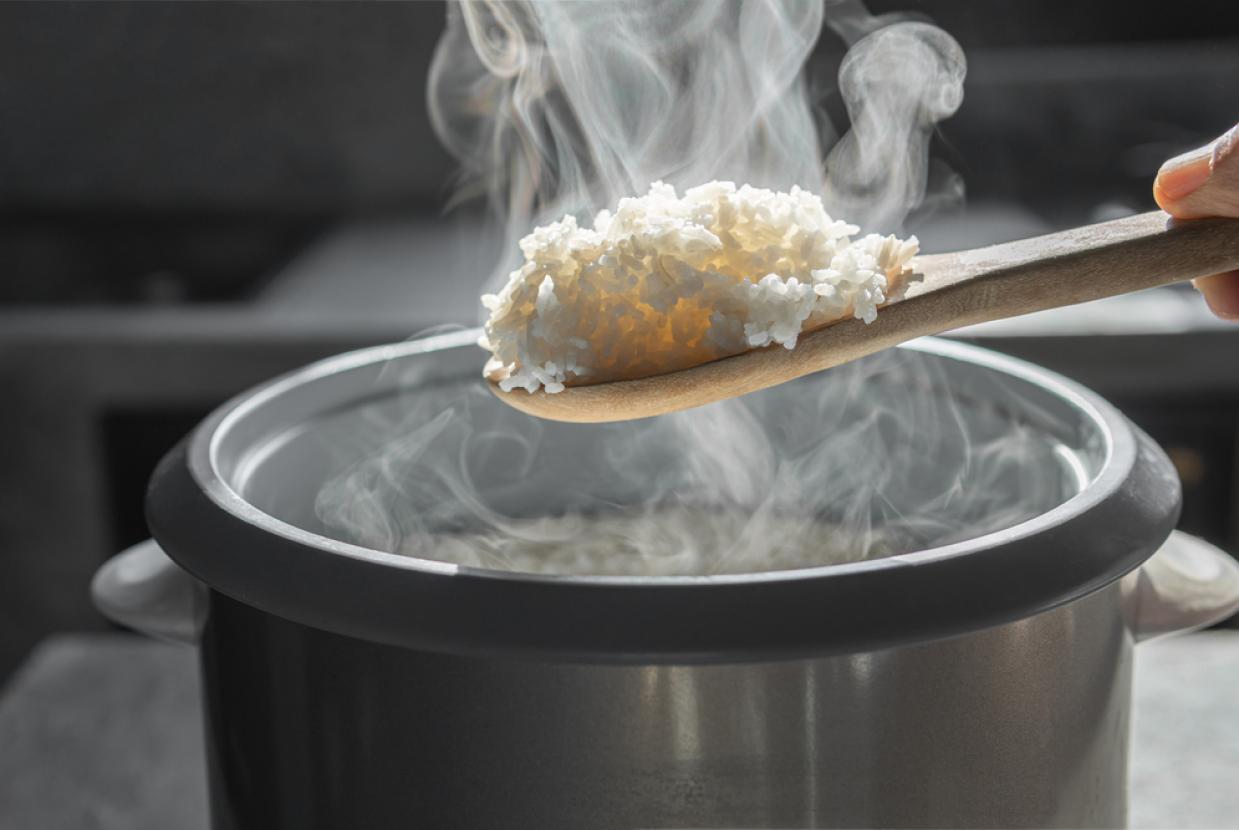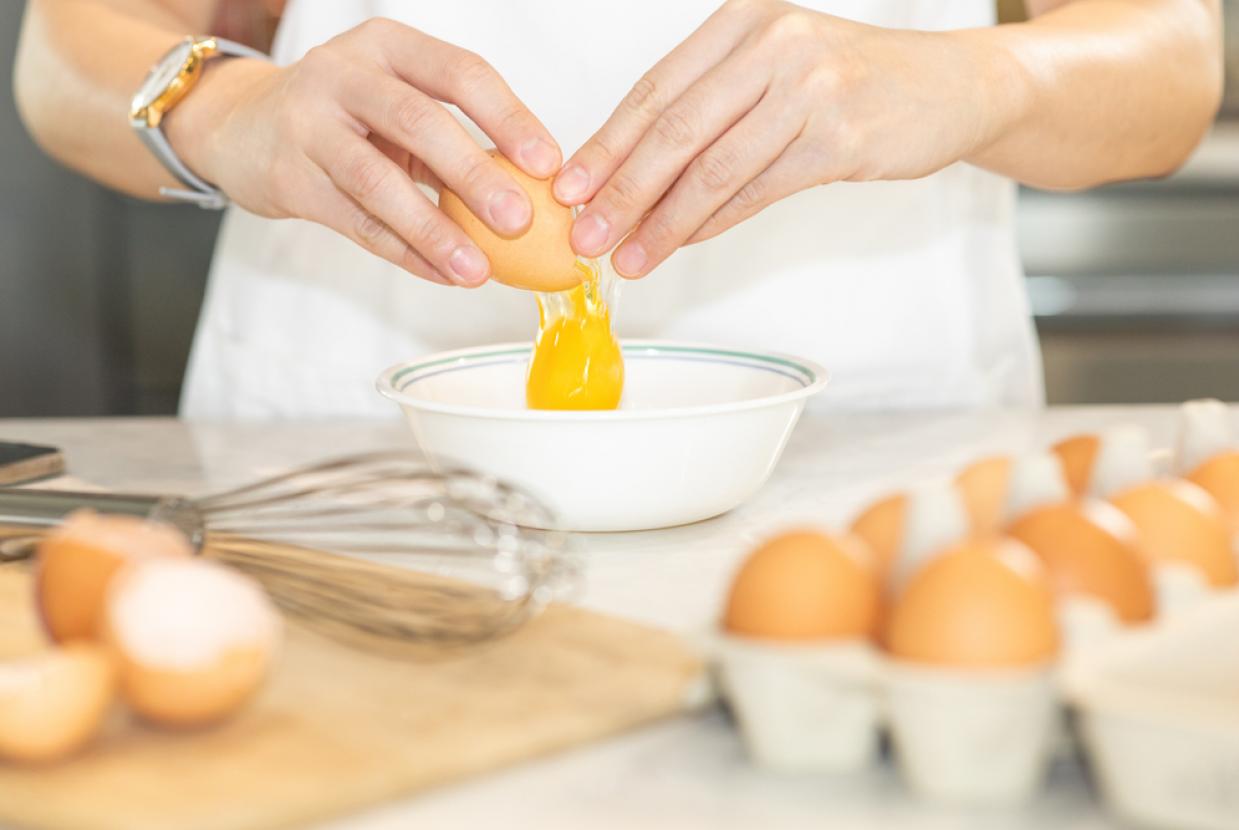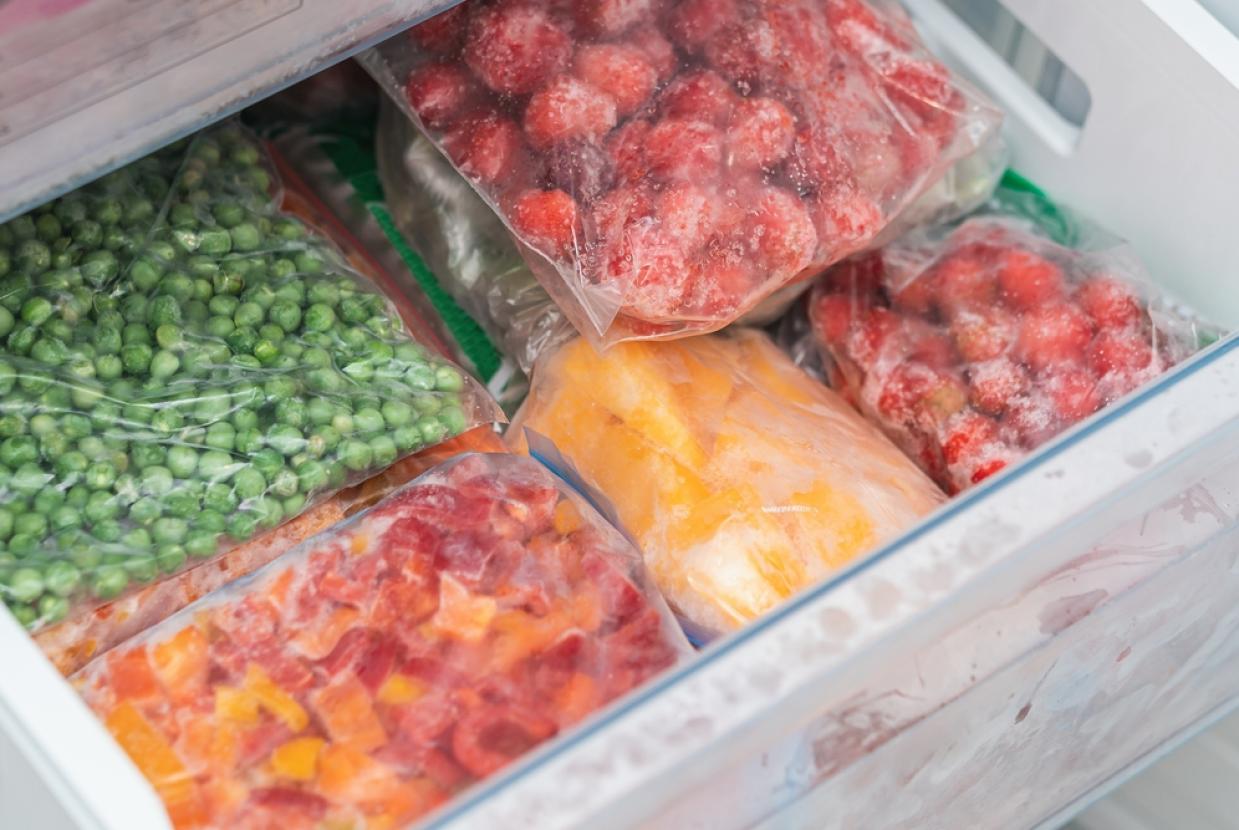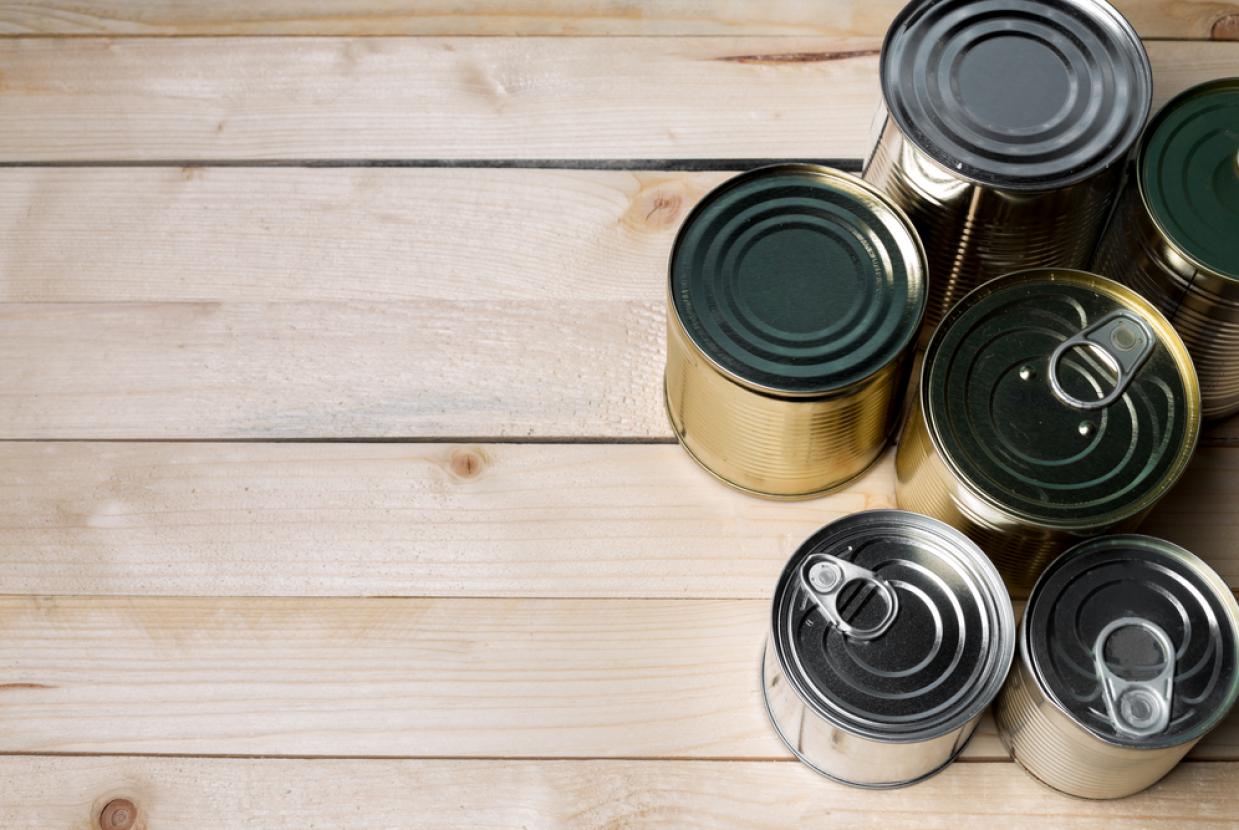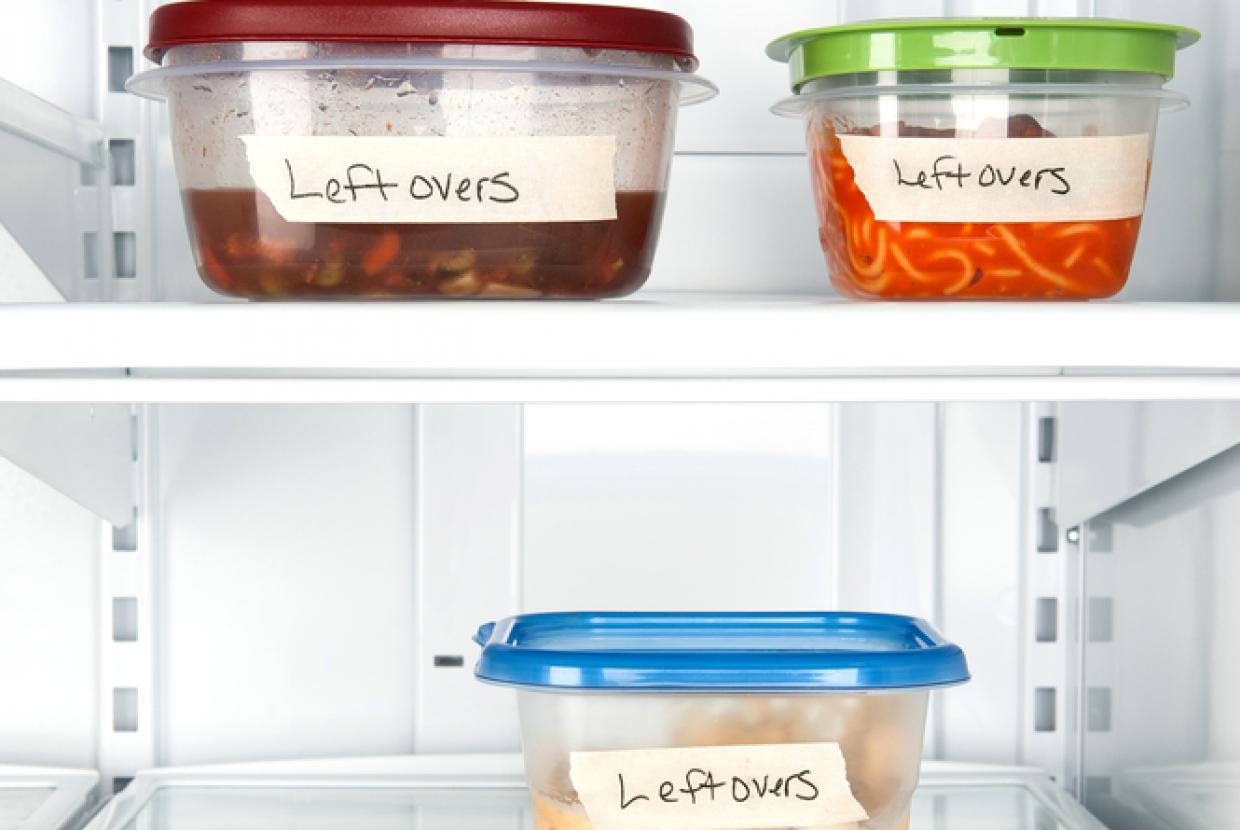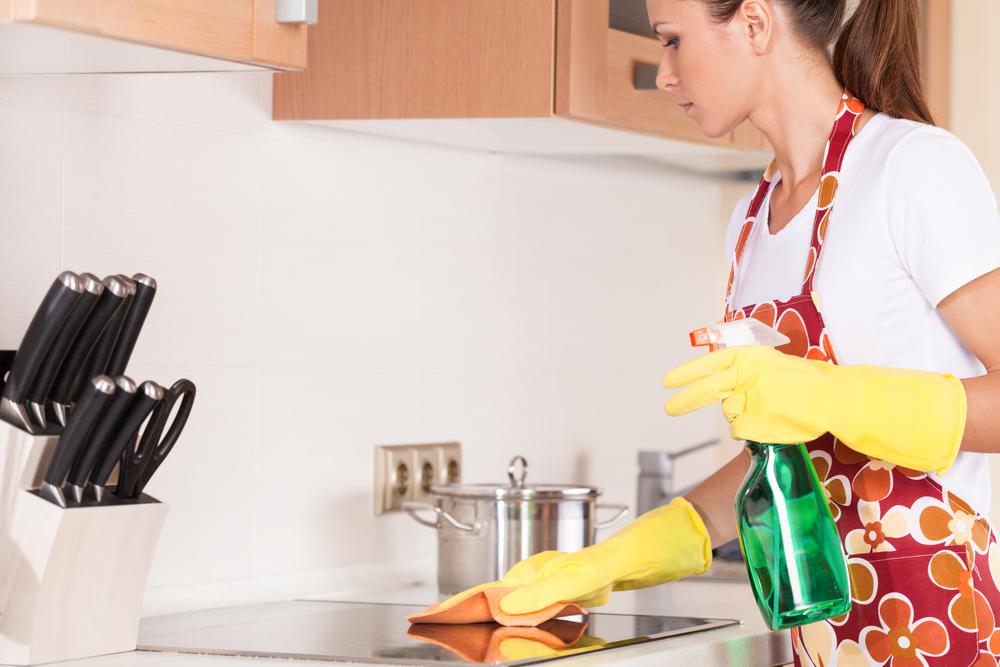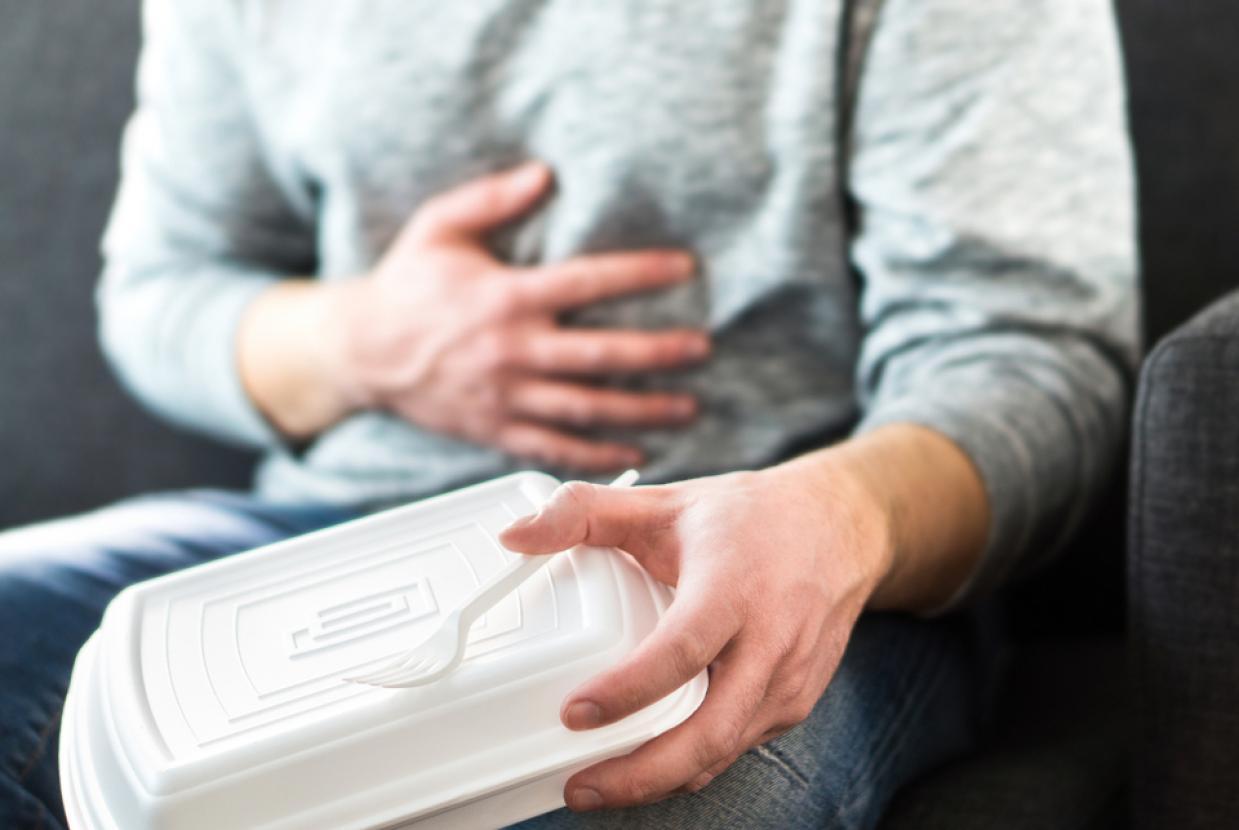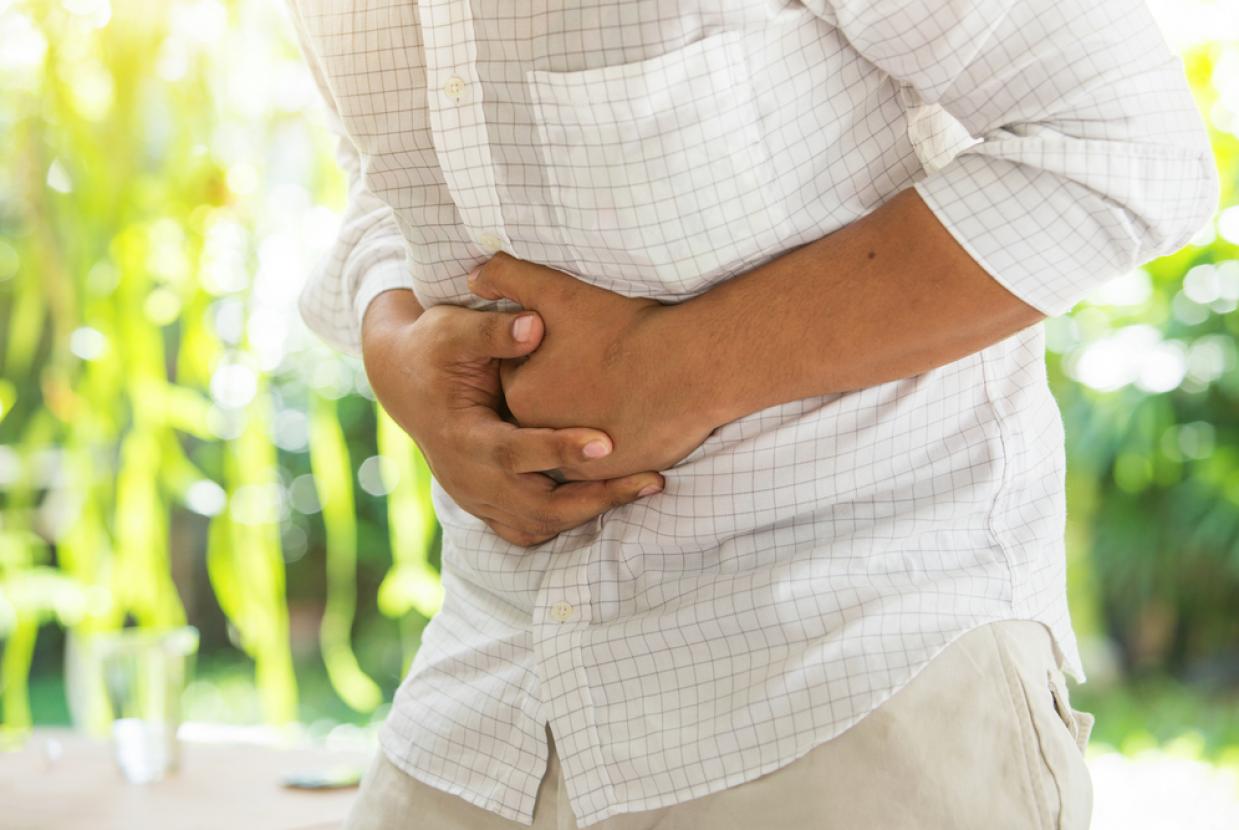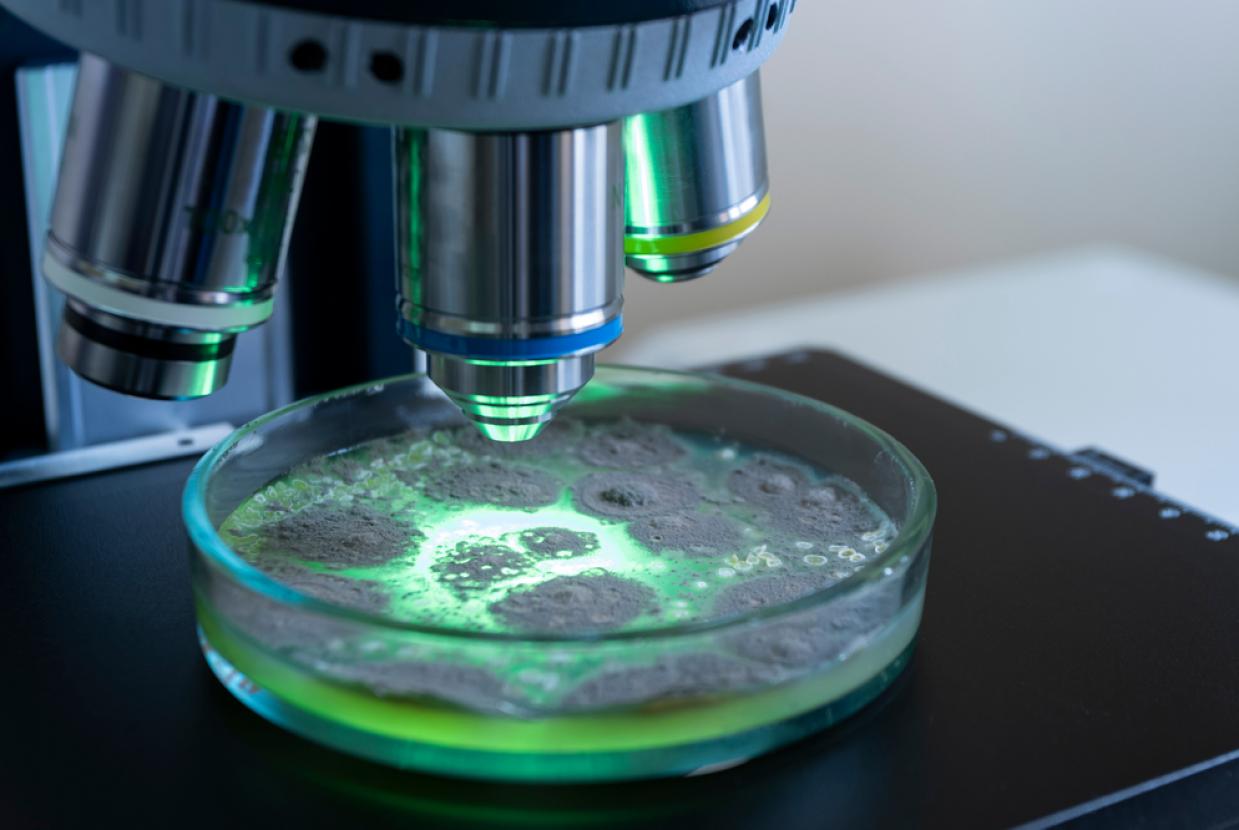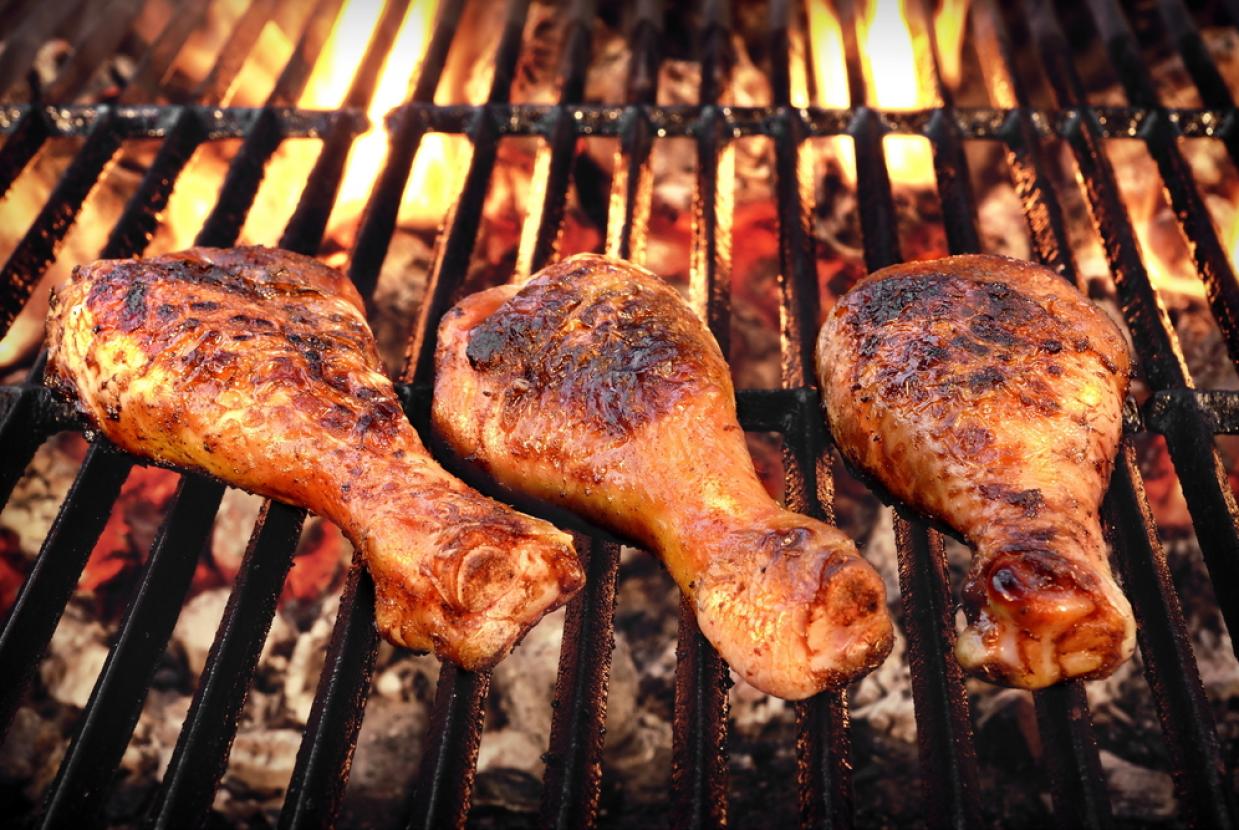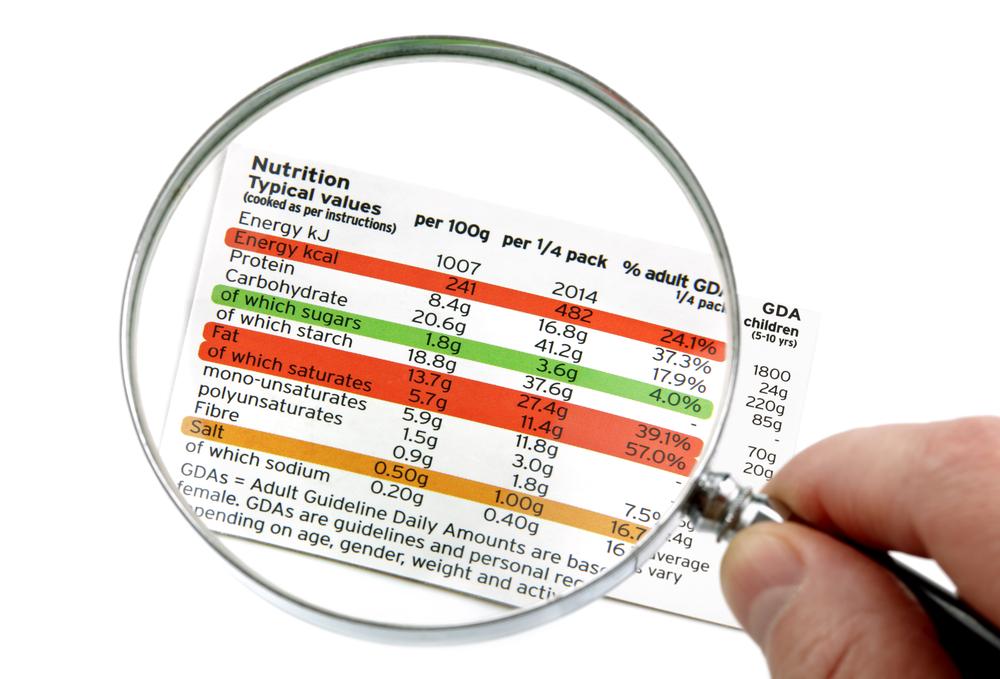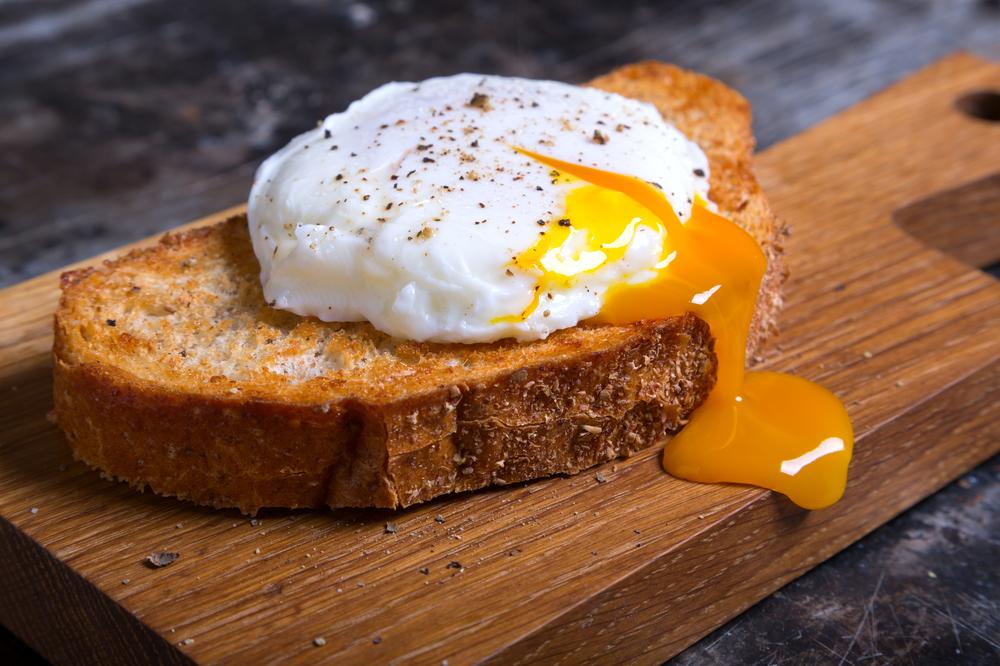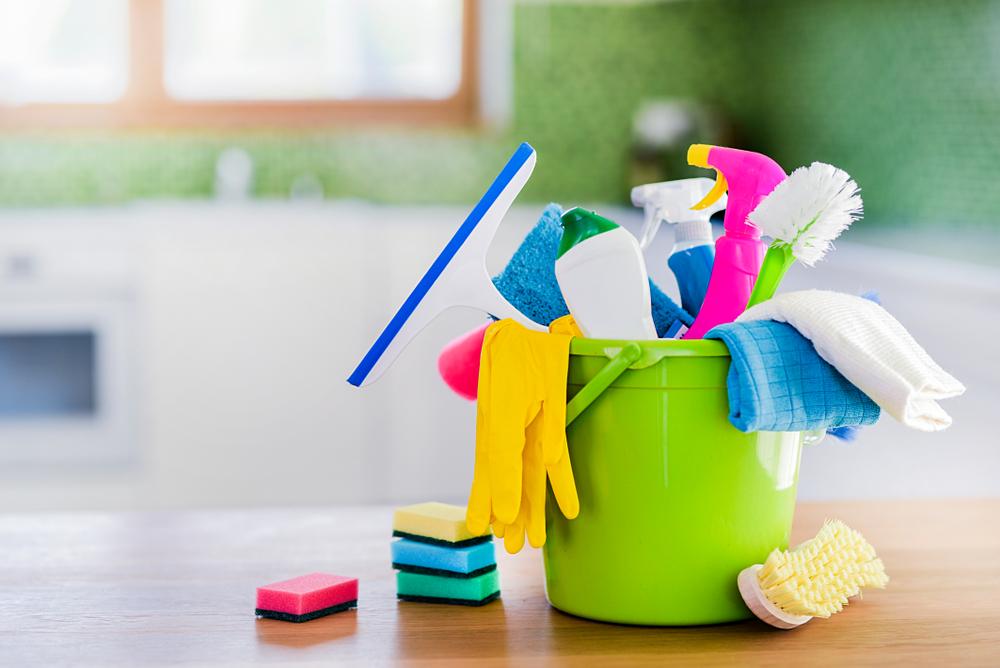Food Safety Tips for Christmas
Food SafetyGet your fridge ready for the festive season by:
- Giving it a good clean with warm soapy water
- Rearranging the shelves to make room for your turkey
- Storing your turkey in a covered dish on the bottom shelf so drips won’t land on ready to eat foods which could spread germs leaving these foods unsafe to eat
- Throw away any food past their use-by date
- For extra fridge space, store vegetables and drinks (except milk & fruit juices) in a cool place
Give yourself enough time to defrost your turkey. Allow 24 hours for every 4-5 pounds / 2-2.5kg. If you’ve a 7.5kg / 15lb turkey, it will take up to three days to defrost so you should start defrosting on December 22nd. The best way to defrost it is to place it on a dish or tray on the bottom shelf of your fridge.
2. Buy the right turkeyWhen deciding on the size of your turkey, think of how many people you’re cooking for and whether you want any leftovers. Remember children eat less than adults. Based on the number of people you’re feeding, you can calculate the size of the turkey you need. If you’re unsure, ask your butcher.
3. Defrost fully before cookingYou know the turkey is completely defrosted when:
- the body is soft
- the legs can be moved
- there are no ice crystals inside the cavityMore about defrosting your turkey
Don’t wash your turkey as this splashes food poisoning bacteria around your kitchen through drips, drops and splashes. If you do need to clean the turkey, wipe it with a disposable paper towel, discarding the used paper towel and any packaging directly in to the bin. Handle your turkey as little as possible and always wash your hands and surfaces thoroughly with warm soapy water.
5. Cooking your turkeyTo prevent Salmonella and Campylobacter food poisoning you should check the turkey is cooked thoroughly. Use our Turkey cooking time calculator to find out the cooking time for your turkey.
6. Be careful with stuffingWhen a turkey is stuffed, the centre of the stuffing is slowest to cook. Before serving it's essential you check the stuffing itself is piping hot all the way through.
Don't overstuff the turkey; use a maximum of 10% of the weight of the bird in stuffing. For example, no more than 500g of stuffing for a 5kg turkey.
7. Let the turkey rest
Don’t rush to carve a stuffed turkey. A way to make sure the stuffing is properly cooked, without risking overcooking the meat, is to remove the turkey from the oven when the meat is fully cooked and leave it to rest for 30 minutes, loosely covered in tinfoil.
8. Check the turkey is fully cookedUsing a clean fork or skewer, pierce the thickest part of the breast and thigh. You’ll know it’s cooked when:
- It’s piping hot throughout
- Its juices run clear
- There is no pink meat left
- Any stuffing is piping hot throughoutMore about cooking your turkey
Wash your hands before and after handling food. Keep food covered whenever possible. Birds, insects and other animals can all carry food poisoning bacteria. And germs can spread easily from dirty hands, utensils and surfaces. Don’t put food directly on picnic tables or other outdoor surfaces. Don’t allow food to touch the ground.
If you are serving cold foods, keep them in the fridge or a cool box until you need them.
10. Deliver Christmas dinner safely to friends or relativesWrap hot food in tin foil and keep cold food in a cool bag. When you arrive put the cold food in the fridge immediately. Hot food should be eaten straight away, or chilled for later re-heating.
12. Using ready-prepared foodsUse cooking instructions on packaging as a guide, but always check that the centre of the food is piping hot. This is especially important for poultry, as well as rolled, chopped, minced lamb, beef or pork. Before serving, check that they are piping hot the whole way through, there is no pink meat left and the juices run clear.
13. What to do with leftovers- Cover your leftovers and put them in the fridge within two hours of cooking. Make sure meat is cooled as quickly as possible – cutting it into pieces will help with this. Once in the fridge, any leftovers should be eaten within three days.
- If freezing leftover meat or poultry, make sure it is stored in a suitable container for freezing. Freeze cooked meat for no more than six months.
- When re-heating food, ensure it is piping hot all the way through. Never reheat cooked food more than once. More about leftovers






